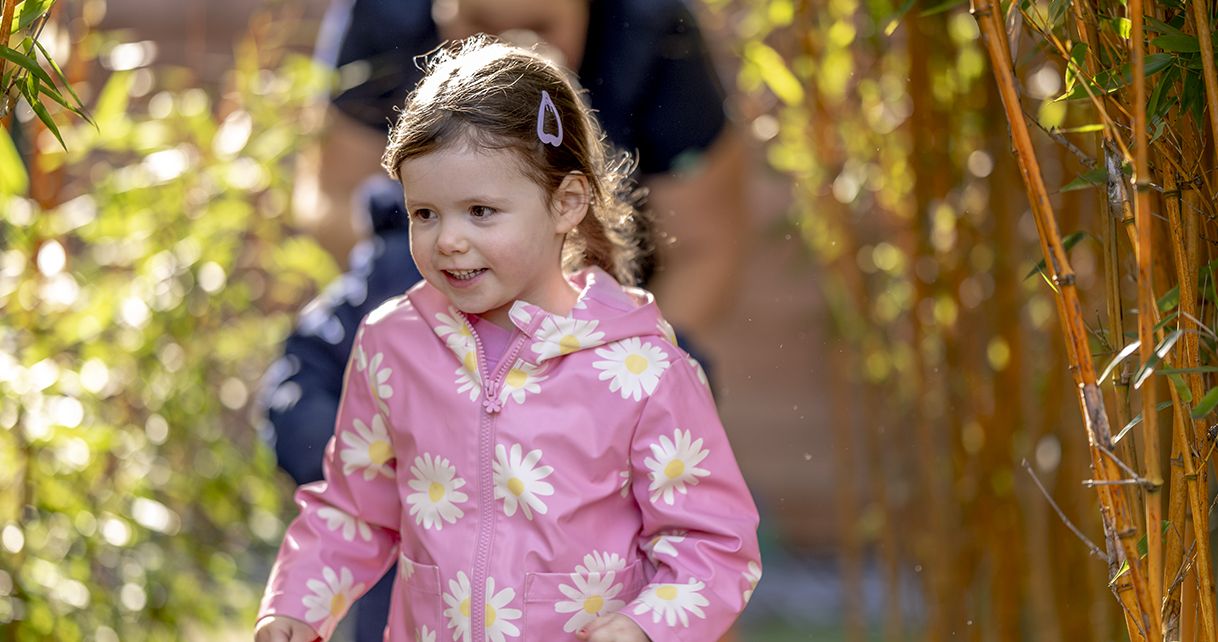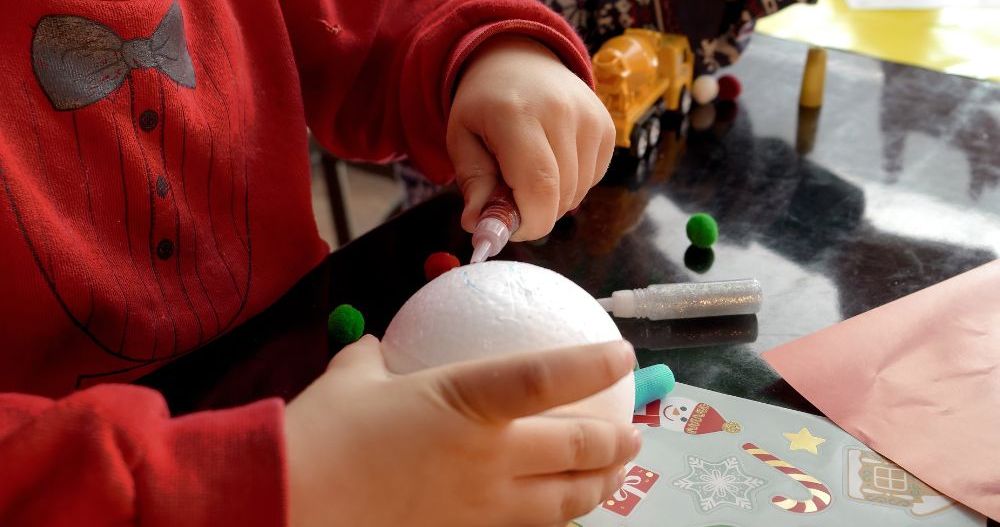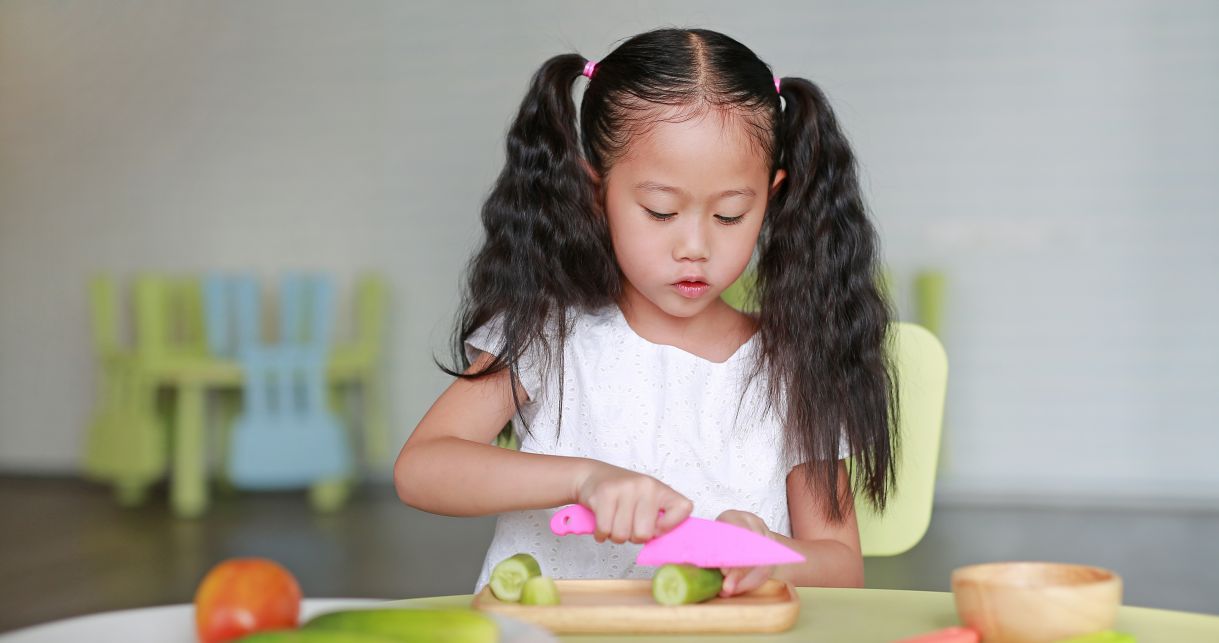min read
min read
min read
min read
Socialisation in early childhood can play a pivotal role in shaping the future of interactions, relationships, and overall well-being of children.
A child’s ability to communicate with others, connect with people and situations and work alongside their peers can all stem from proper socialisation in the early years.
So, what does socialisation mean, especially in early childhood? We are going to delve into the meaning. its importance, and how childcare can be crucial in helping to nurture healthy social development.
Socialisation involves learning how to interact with the people around us. It’s all about understanding social cues, developing empathy, and navigating through various social situations that we may face in day-to-day life.
Early childhood is a critical phase for socialisation, as at this time children are like sponges, absorbing information and experiences that will shape their future social behaviour.
For some children entering a nursery, it’s possibly the first time they have been cared for by someone other than a parent. For this reason, it can be an overwhelming stage of the journey, but it’s important to understand why childcare settings can be so influential in developing children’s confidence, self-esteem, and social skills.

As early socialisation forms the basis of a child’s emotional and cognitive development, it sets the stage for their ability to form friendships, communicate effectively, and work in group settings.
How childcare providers, such as nurseries, can help this process are:
Structured social interaction
Nurseries expose children to a nurturing environment where they interact with children and nursery care teams regularly. This interaction helps them to learn the basics of communication, sharing, and cooperation.
Diversifying Social Experiences
Childcare settings bring together children from different backgrounds, providing children with the opportunity to interact with people they may not have otherwise met. This promotes inclusivity and a broader understanding of the world around them.
The Role of Educators
The nursery team are trained to promote positive social interactions among children in the nursery setting. They can support with things such as conflict resolution, how to regulate emotions, and communication skills, which are crucial in maintaining healthy relationships throughout life.
Group Activities and Play
At nursery, children have the opportunity to take part in a wide variety of play-based activities in small groups. These group games and activities encourage children to negotiate and work together, both of which evolve their teamwork skills.
Routine
Children who attend a nursery typically follow routines. From activities to snack time, these kinds of routines provide children with a sense of predictability. This supports children with feelings of security.
To summarise, socialisation in early childhood is a layered process that truly lays solid foundations for a child’s future social interactions and relationships.
Nurseries provide the optimal environment for nurturing this stage of a child’s socialisation, with a nurturing environment, diverse experiences, guidance from nursery staff, group activities, and routines.
Busy Bees has been supporting children with socialisation in early childhood for more than 40 years. We thrive from seeing children, grow, develop, and go on and do wonderful things. Learn more about how Busy Bees can support your child by finding your local nursery today to book a visit or attend one of our open days.
by
Published: 30/08/2023
Share Blog

by Busy Bees 26/01/2026
10 min read

by Busy Bees 01/12/2025
5 min read

by Busy Bees 01/12/2025
5 min read

by Busy Bees 27/11/2025
6 min read

by Busy Bees 25/11/2025
7 min read